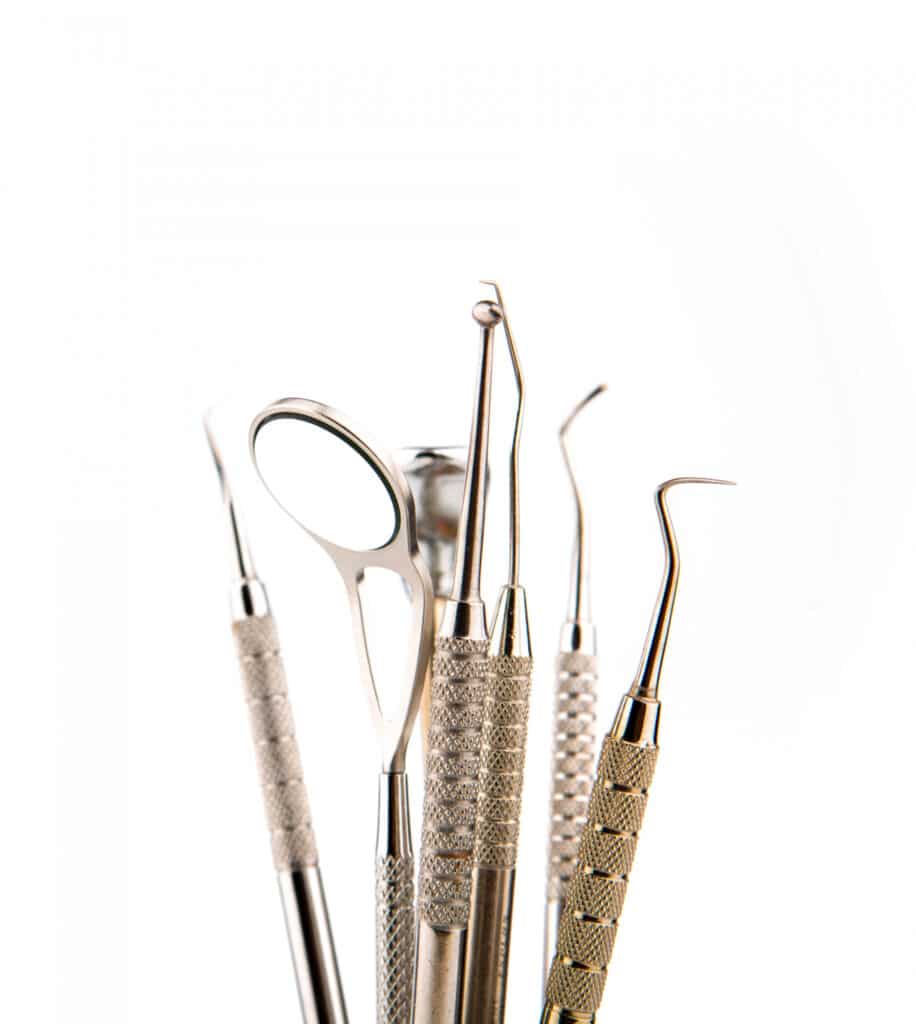What Is Oral Surgery?
Oral and maxillofacial surgery is a specialized branch of dentistry that focuses on diagnosing and treating a wide range of conditions related to the mouth, jaw, face, and neck. This surgical specialty encompasses procedures that address issues such as impacted teeth, facial trauma, jaw misalignment, oral pathology, and congenital deformities. Oral and maxillofacial surgeons undergo extensive training, which includes dental school followed by additional years of surgical residency, to become experts in performing complex surgical procedures in and around the oral cavity and facial structures. These surgeries are often performed under anesthesia to ensure patient comfort and safety. At Legacy Dental Team, our skilled oral and maxillofacial surgeons are dedicated to providing compassionate care and personalized treatment to address a variety of oral and facial concerns, helping patients achieve optimal oral health and function.
At Legacy Dental Team, our experienced oral and maxillofacial surgeons specialize in a wide range of procedures to address various dental and facial concerns. Some of the surgeries we perform include:
- Simple Tooth Extractions
- Surgical Tooth Extractions
- Wisdom Teeth Extractions
- Dental Implants
- Impacted Canines
- Oral Pathology
When is Oral Surgery Needed?
Oral surgery, particularly wisdom teeth extraction, is recommended when these molars become impacted, meaning they are unable to fully emerge through the gums. Impacted wisdom teeth can cause pain, swelling, and infection, and may also damage adjacent teeth or lead to cysts or tumors if left untreated. Additionally, oral surgery may be necessary to address severe tooth decay, advanced gum disease, or to prepare for orthodontic treatment. At Legacy Dental Team, our team carefully evaluates each patient’s oral health needs to determine the appropriate course of action, ensuring optimal outcomes and patient comfort.
Why Choose Oral Surgery?
Oral surgery may be needed to address various dental and oral health issues that cannot be resolved through non-invasive treatments. Common reasons for oral surgery include:
- Impacted Wisdom Teeth: When wisdom teeth do not have enough space to emerge properly, they can become impacted, causing pain, infection, and damage to adjacent teeth. Oral surgery is often necessary to remove impacted wisdom teeth.
- Tooth Extraction: Severely decayed, damaged, or infected teeth may need to be extracted to prevent further oral health problems. Oral surgery is performed to safely remove these teeth while preserving surrounding tissues.
- Jaw Alignment: Misaligned jaws can lead to bite problems, difficulty chewing, and jaw pain. Orthognathic surgery, a type of oral surgery, may be recommended to correct jaw alignment issues and improve oral function.
- Dental Implants: Oral surgery is required for the placement of dental implants, which are used to replace missing teeth. Implants are surgically placed into the jawbone to provide a stable foundation for artificial teeth.
- Oral Pathology: Oral surgeons diagnose and treat various oral conditions, including cysts, tumors, and lesions. Oral surgery may be necessary to remove abnormal growths and ensure proper healing.
- Reconstructive Surgery: Following trauma or injury to the face or jaw, reconstructive oral surgery may be performed to restore function and aesthetics. This may involve repairing fractured bones, soft tissues, or dental structures.
Overall, oral surgery is needed to address a range of dental and oral health issues, restoring function, aesthetics, and overall well-being.




